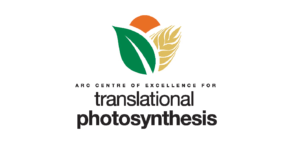Building on the mounting interest in ‘ArtScience’, this study designed a synergistic approach to communicating the importance of urban biodiversity by integrating participatory art and ecology. My study evaluated the outcomes from three participatory ‘ArtScience’ workshops delivered at The Living Pavilion, a temporary, Indigenous-led event space that took place in Melbourne during three weeks in May 2019. This research revealed three themes emerging from the participant experiences in the workshops: 1) discovery (cognitive learning/head/critical reflection); 2) flow (practical/hands-on learning/deep engagement), and; 3) attunement (ecological awareness and nature connection/emotional learning/heart/relational knowing).
This research highlights the positive potential of integrating the head, heart, and hand model of engagement and learning through participatory ‘ArtScience’ communication practice. This mode of activating science communication may provide deep emotional connections to nature, new ways of thinking and bolster ecological awareness.
Presenters
Christina Renowden, Ecologist/Masters student, Leap into Nature
When: Monday 17th February, 12:00pm-1:00pm
Where: Room G02, Learning and Teaching Building, 19 Ancora Imparo Way, Clayton
Hashtag: TBC


























